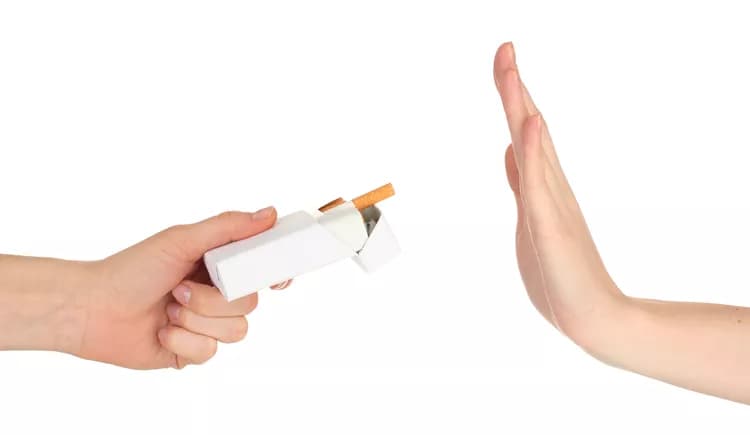
Nicotine-Imbibing Teenage Rats Show An Increased Risk For Drinking Alcohol As Adults
Rats that were dosed with nicotine during their adolescence grew up to drink more alcohol than those that weren't exposed to nicotine or were only exposed to it during adulthood, found researchers from the Perelman School of Medicine at the University of Pennsylvania. Exposure to nicotine at a young age changes the neuronal circuitry in the brain's reward pathways, according to a study in Cell Reports this week led by John Dani, PhD, chair of Neuroscience.
"This work on adolescent rats is particularly important because in recent years nicotine vaping with electronic cigarettes has increased among high school and middle school students," Dani said. More than twice as many students report using e-cigs compared to regular cigarettes. Studies show that adolescent use of e-cigs is associated with a greater intention to use regular cigarettes and a much greater likelihood of progressing to regular cigarette smoking, according to a recent national survey.
Adolescent smoking is associated with an increased risk of problem alcohol drinking later in life, but the biological basis for this vulnerability is unknown. The researchers administered nicotine via daily injections to the animals during adolescence or adulthood, then measured alcohol self-administration after a delay, enabling the adolescent rats to reach adulthood. The rats exposed to adolescent nicotine pushed a lever to obtain a slightly sweetened alcohol drink more often for a greater daily intake of ethanol compared to rats that did not experience nicotine or rats or that only experienced nicotine during adulthood.
The researchers found that adolescent, but not adult, nicotine exposure altered the function of the normally inhibitory midbrain circuitry mediated by the neurotransmitter, GABA. Specific GABA signals that were normally inhibitory in response to alcohol began to shift toward excitatory. By altering the midbrain "reward-mediating" circuitry of the brain, this shift in alcohol-induced GABA signaling led to a long-lasting enhancement of alcohol self-administration in rats that were given nicotine at a young age.
The long-term neuronal changes are caused by a decreasing function in a chloride transporter called KCC2 in rat midbrain neurons. Specifically, they found that these neurons less efficiently regulated chloride movement across the outer cell membrane, and this basic function altered alcohol's influence over the midbrain reward center.
Related Articles
Test Your Knowledge
Asked by users
Related Centers
Related Specialties
Related Physicians
Related Procedures
Related Resources
Join DoveHubs
and connect with fellow professionals

0 Comments
Please log in to post a comment.